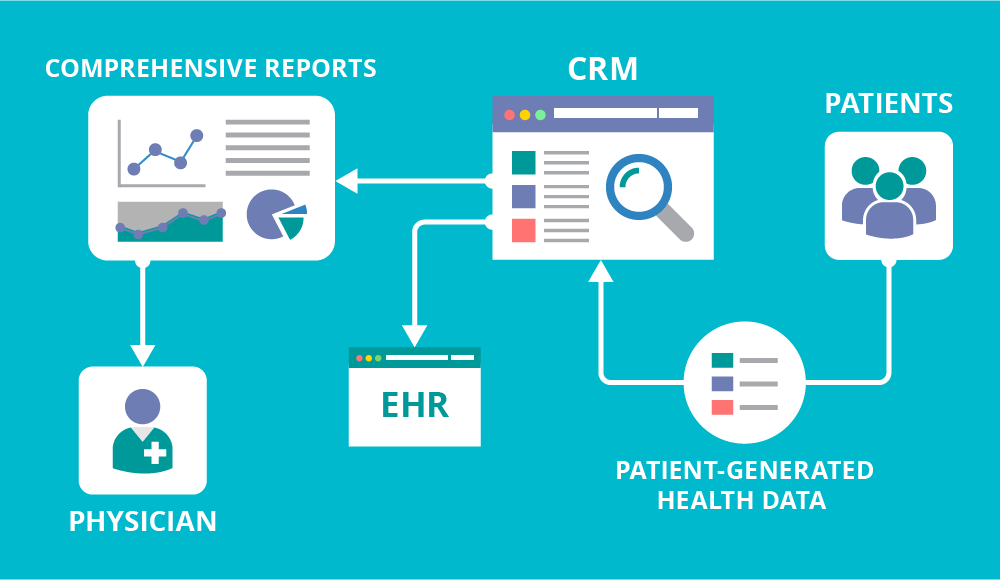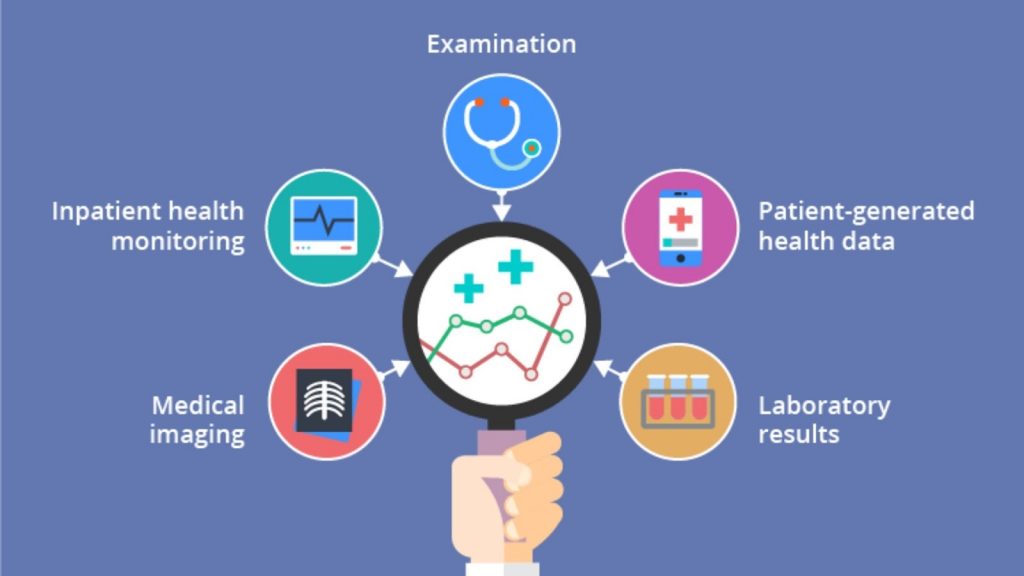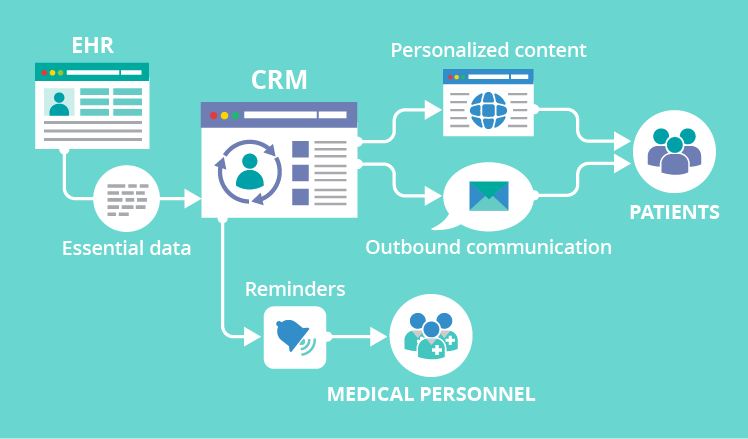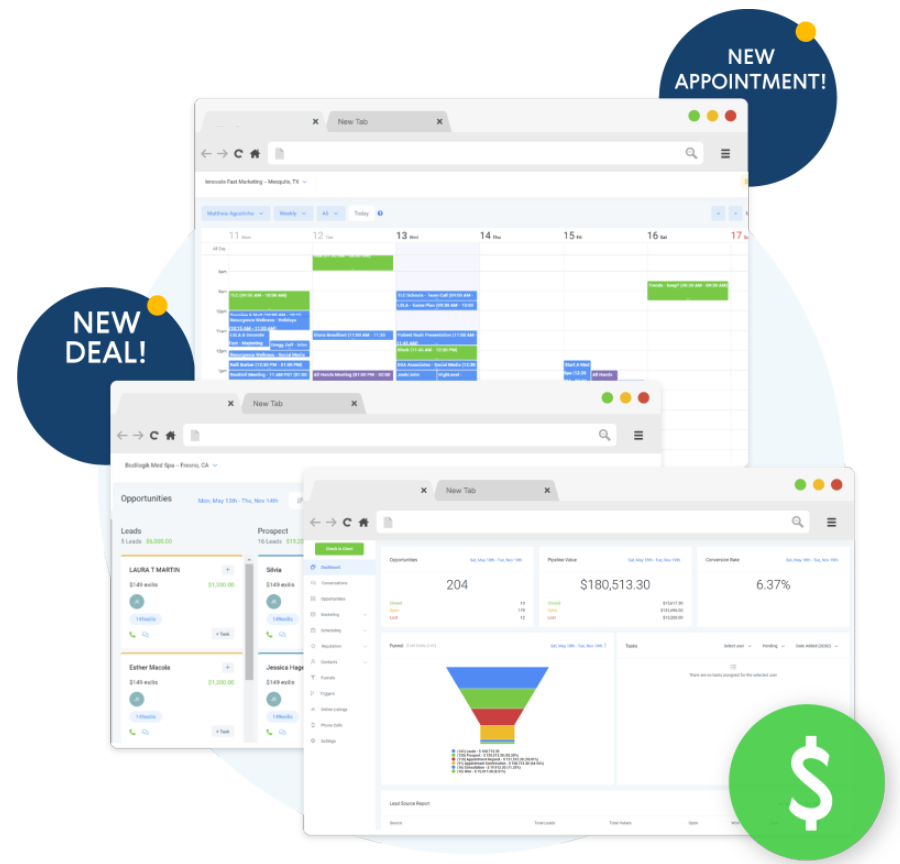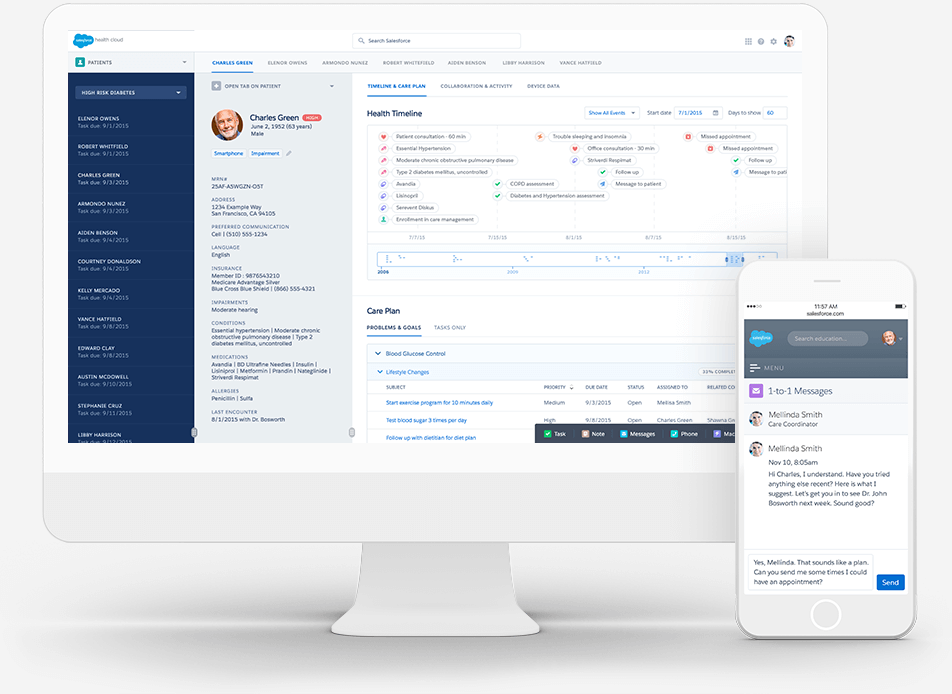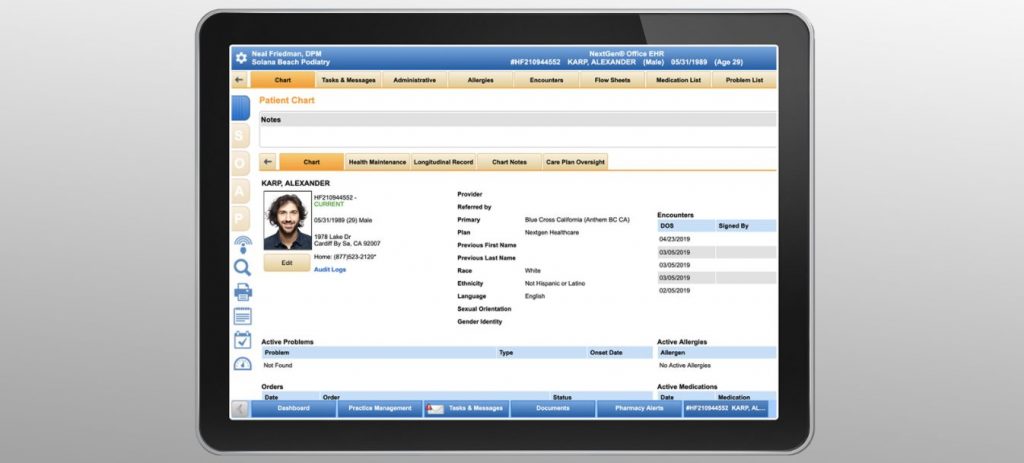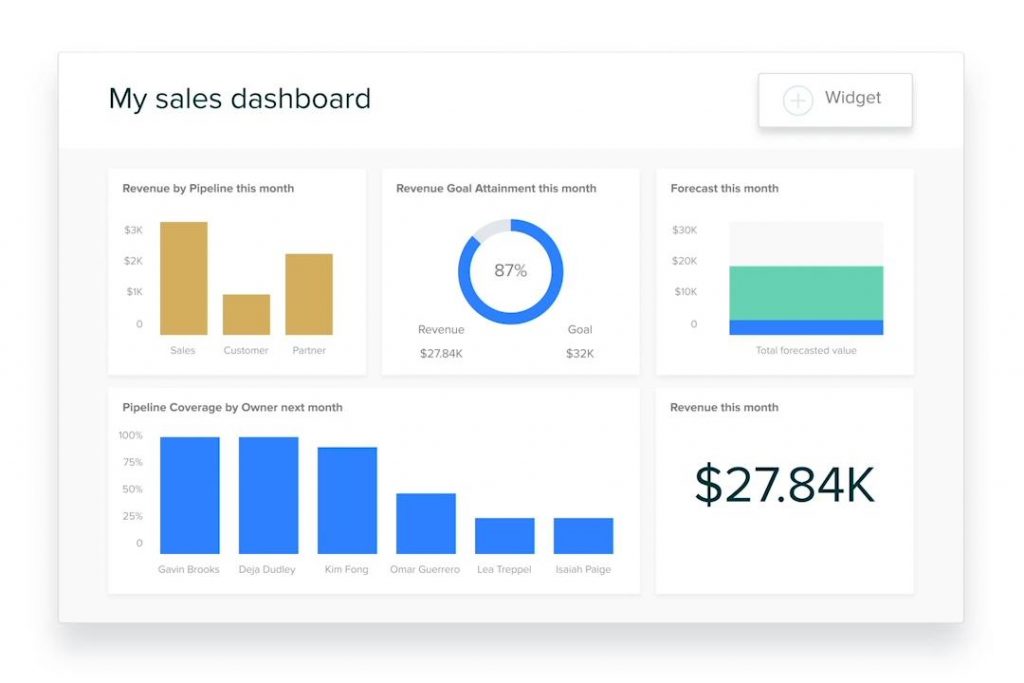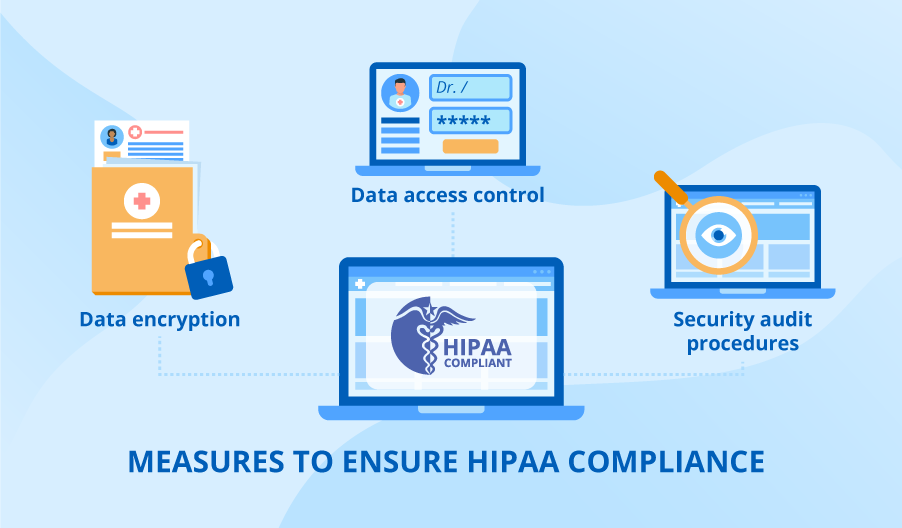Doctor CRM | Beginner’s Guide to Healthcare CRM Software
Table Of Contents
What is Medical CRM Software?
Medical customer relationship management software, also known as healthcare CRM software, is a comprehensive cloud-based solution. With medical CRM solutions, healthcare providers can effectively record their patient’s journey right from when they enroll to the end of their lifecycle at a hospital.
CRM is an agency management application that helps the healthcare industry manage patient information. With an effective CRM system, healthcare professionals can automate daily tasks, manage social media, keep track of all KPIs, manage patient data, and a lot more.
With CRM solutions, commercial service businesses can dominate the market and stay ahead of their competition. It makes handling the workload easy. CRM systems are not just any management systems; they are empowered with Artificial Intelligence (AI). Artificial Intelligence does almost all the work by itself. You are good to go as long as the input parameters are set up.
What are the Features of a Good CRM?
Robust CRM software tools help hospitals and medical businesses in gaining new patients by escalating patient experience and enhancing their reach on social media platforms, developing a personal- bond with patients, automating tasks, saving time, increasing productivity, and so much more.
The key features of an effective healthcare CRM system are as follows:
- Reports and Dashboard: A robust patient relationship management software provides customized reports and statistics on patient data. It helps a medical business improve its medical practices as per customer needs and wants.
- Patient Acquisition: Powerful CRM services help commercial service businesses dominate the market. It allows hospitals and medical companies to invite new customers by effectively communicating business information to potential patients.
- Cloud-Based Practice Management: Most CRM systems are cloud-based applications. The data recorded by a CRM solution is saved on a secure cloud platform, which can be accessed from different platforms remotely. Businesses with branches can also facilitate data entry tasks from different locations.
- Regulatory Compliance: HIPAA compliant systems ensure data security and privacy of patient data according to the rules laid down by the authorities. It puts limitations on hospitals, pharmacies, etc., to disclose and protect patient information. Therefore, a CRM system needs to be HIPAA compliant.
- External Integrations: External integrations of a CRM solution can provide enhanced, intuitive solutions to users as they can streamline business intelligence, automate the marketing process, preparation of reports, etc. CRM platforms can be integrated with accounting software, social media platforms, etc.
- Patient Management: CRM applications help hospitals keep an electronic health record of patients to facilitate enhanced practice management. It allows convenient patient segmentation based on age, problem, etc. Powerful patient management empowers care and enables doctors to build solid business-customer relationships.
Why Do You Need Healthcare CRM System?
Healthcare CRM software has multiple uses and benefits. It can add invaluable value to a healthcare business by maintaining up-to-date patient information, collecting beneficial insights, and much more. The following listed are the top benefits of using effective healthcare CRM software.
Enhanced Customer Experience
Healthcare CRM keeps track of all the patient information, including appointment reminders, check-ups, follow-ups, medications, etc. Patients can access all their data by logging in to CRM’s centralized platform. These systems are set up to enhance the patient experience.
Once patient satisfaction is attained, it becomes easier to maintain patient relationships. As all the data is tracked, patient care becomes more productive. A patient can schedule an appointment, book slots for tests, receive test results via email, book consultations, and have their prescriptions filled or refilled with just a few clicks.
The customer feedback can also be easily implemented into the system. New patients tend to love it when they receive personalized responses from their healthcare service providers.
Organize Patient Records
Patient data such as medical records, missed appointments, appointment scheduling, medical history, health insurance portability, etc., can be easily tracked to ensure data safety. Otherwise, it might lead to double medications and scheduling unnecessary procedures.
A healthcare CRM is perfectly capable of tracking patient history and maintaining electronic health records. It keeps a record of all the patient visits in the hospital and all the data exchanged during visits. These records come in handy in case of emergencies.
For example, if a patient requires urgent blood or medications, the hospital record can prevent time loss and unnecessary complications to the patient.
Optimize Administrative Tasks
A healthcare CRM is more than a patient management system. Along with patient satisfaction, it helps managers in completing administrative tasks. CRM also helps pharmacists and chemists keep track of medicines, stock, etc.
Medicines close to expiry dates can be segregated and given out first. It helps users to dispose of expired medicines, medical equipment, etc. Also, machinery can undergo timely maintenance.
With the help of effective CRM software, sufficient staff can be made available in a healthcare organization at all times. Schedules for doctors, nurses, technicians, accountants, etc., can be smartly created. It can also facilitate segmenting of patients based on the urgency of treatment. All these administrative tasks are complex for humans to comply with.
Seamless Compilation of Reports
A healthcare CRM helps managers in the compilation of reports. Manual tracking of expenditure for large-scale organizations is quite challenging. Using CRM software keeps very little margin for error. With CRM, healthcare managers can keep a check on expenditure, funding, earnings, salaries, dues, bills, etc.
CRM software can help you identify where the money is being used efficiently and where it is not. It allows reallocation of resources from excessively funded units to insufficiently financed units.
A flexible CRM tracks medical histories & patient details and collects patient feedback. This data can be used to improve the customer experience within the organization.
Team Management
Healthcare practices need fast and simple management facilities. A need for personnel, medication, or instrument can arise at any moment. Effective team management ensures that enough staff is available in the organization.
The CRM records leaves, vacations, holiday cycles of all the employees. Moreover, patient demographics help segment patients by simplifying the scheduling process.
Medication Management
Electronic health data keeps track of patient medications and can send reminders to take their medicines on time. Such medical data help more and more patients have a seamless experience. Team and medication management might not seem monumental, but it plays an important role in enhancing the overall patient experience.
Effortless Communication
HIPAA compliant communication with patients and potential patients is possible through a healthcare CRM. Communication is essential for patient retention and patient engagement. CRM solutions can set up a patient portal to communicate with their healthcare providers in a secure manner.
Some patients prefer to book an online appointment so that they don’t have to contact many people at the hospital. This has extensively been used ever since the COVID-19 pandemic. Communications can be conducted in an end-to-end encryption mode through CRM prescribed channels.
Patient communications can be established by sending an email blast once in a while, sending birthday cards to the patients, reminders for annual check-ups, recruitment emails, referrals, etc.
Improved Marketing Automation
Modern healthcare organizations strive for higher patient engagement. They use several marketing tools for patient acquisition and improved patient communication. A healthcare CRM can enable marketing automation by integrating all the social media platforms under a single roof. It can set up Key Performance Indicators (KPIs) to learn which touchpoints bring in the most engagement. It also helps set up new touchpoints according to the necessity of that organization.
Marketing is very important to look for prospective patients. Gen Z and millennials most commonly look on social media for healthcare recommendations. It has become vital to establish a social media presence and do online marketing to succeed. And the healthcare industry is not an exception to that.
Social Media
Automated marketing helps target an audience that responds the most to the content you are feeding. CRMs also keep track of content that goes online through any of your organization’s media accounts, including Facebook, Instagram, Twitter, LinkedIn, Quora, etc.
How to Choose the Best Doctor CRM on the Internet?
Everyone wants the best healthcare CRM software in the healthcare industry. Multiple web-based sales CRM systems are available, but choosing the correct one for your organization is always tricky.
You can consider the following aspects before choosing the best healthcare CRM software for your organization:
- The best doctor CRM should be HIPAA compliant and should adhere to medical professionals and the patient confidentiality & accountability act.
- It should have an appropriate learning curve. A hard-to-navigate CRM does not bode well as intelligent medical software.
- Integrating a CRM into your system is a difficult task. Sometimes it takes even months to integrate all your systems into the CRM. Choosing a CRM that is easy to integrate is your best option.
- The most crucial aspect to consider is the price. The CRM should be affordable and have low maintenance rates.
Wrapping Up
Every physician in the healthcare industry wishes they have healthcare CRM software. It makes administration so much easier. It can empower the business and at the same time maintain the quality of service provided.
Nowadays, mobile apps can also operate a CRM solution. A medical practice can significantly benefit from the features that a CRM offers. The time and money invested in a CRM are always well paid off. It is worth every penny. The AI tools provided by a CRM make up for any shortcomings in the system. It is an ideal investment for any healthcare practice.
Click here to schedule an appointment for hiring world-class healthcare CRM services with Turnkey Mate.


